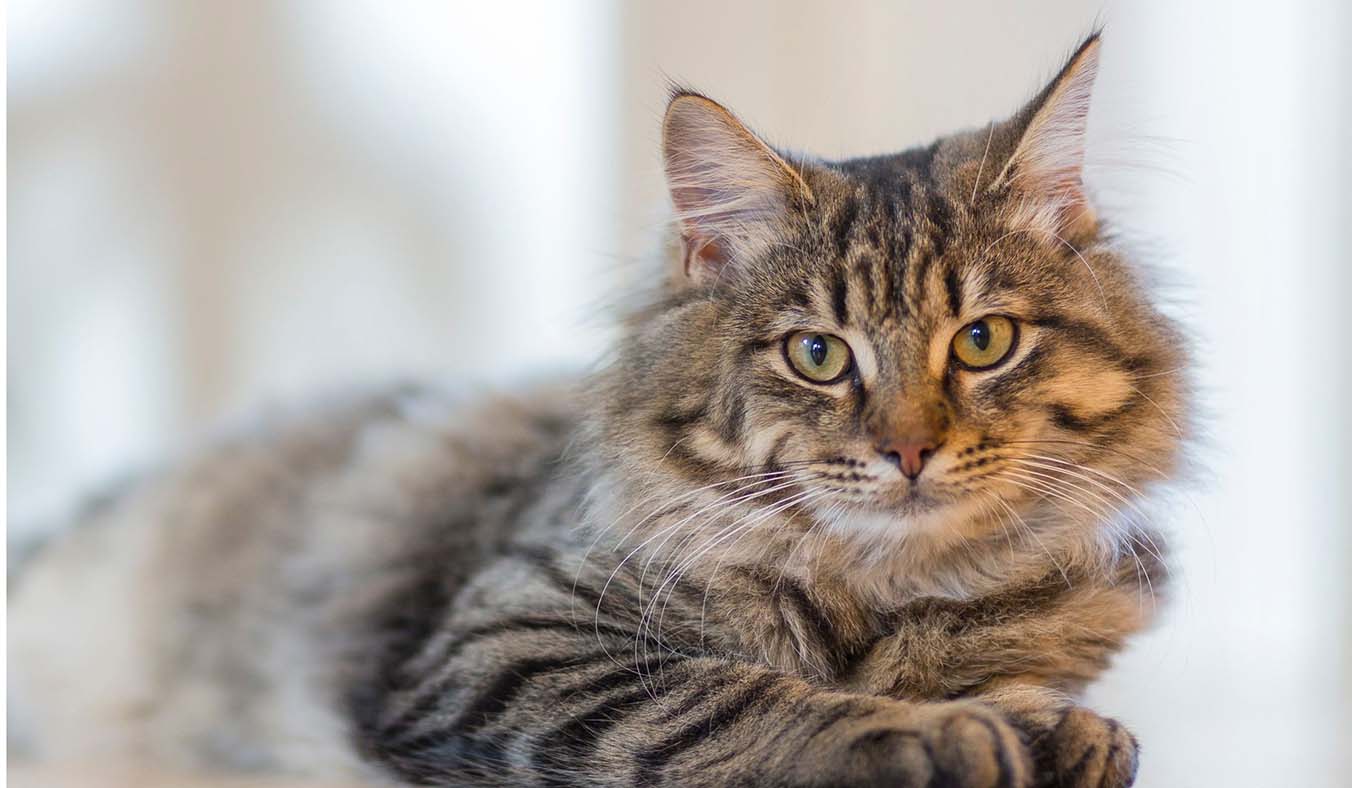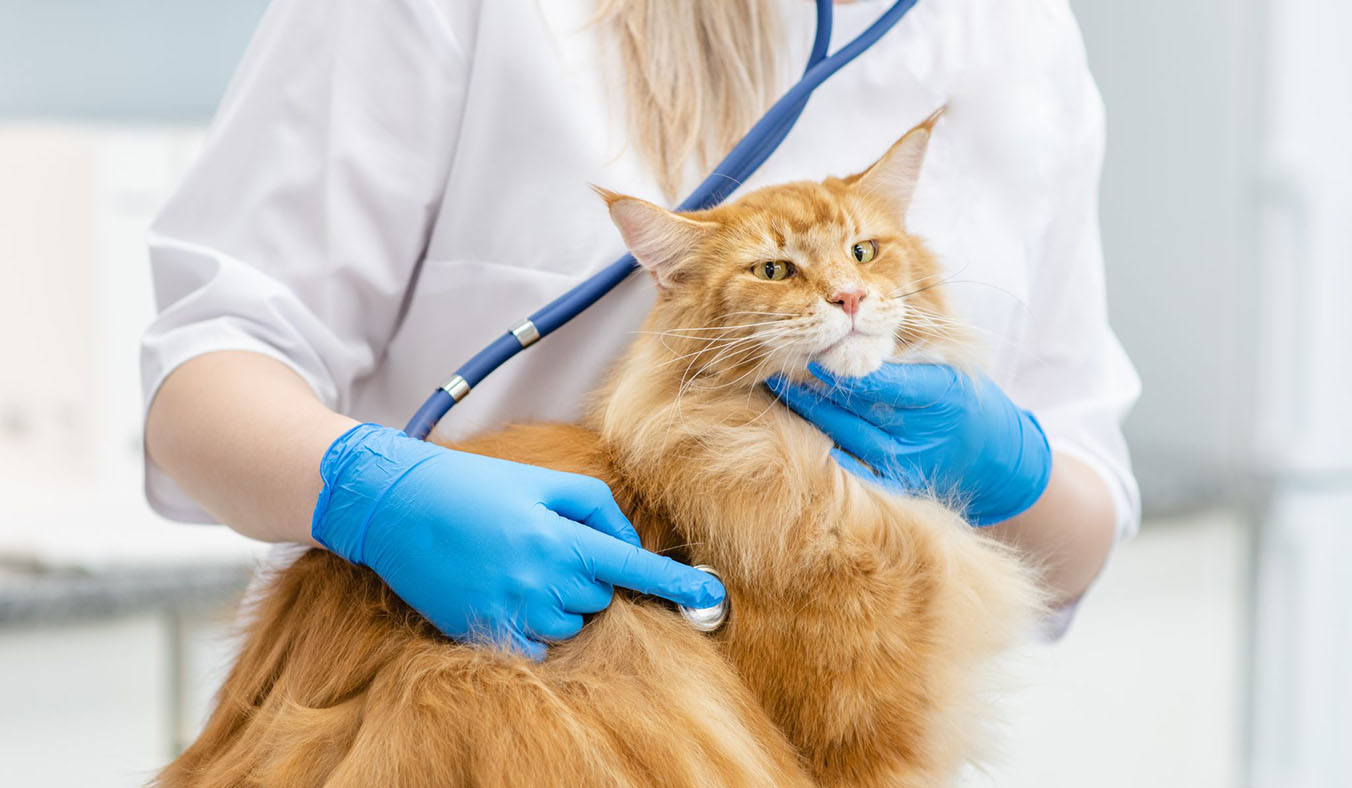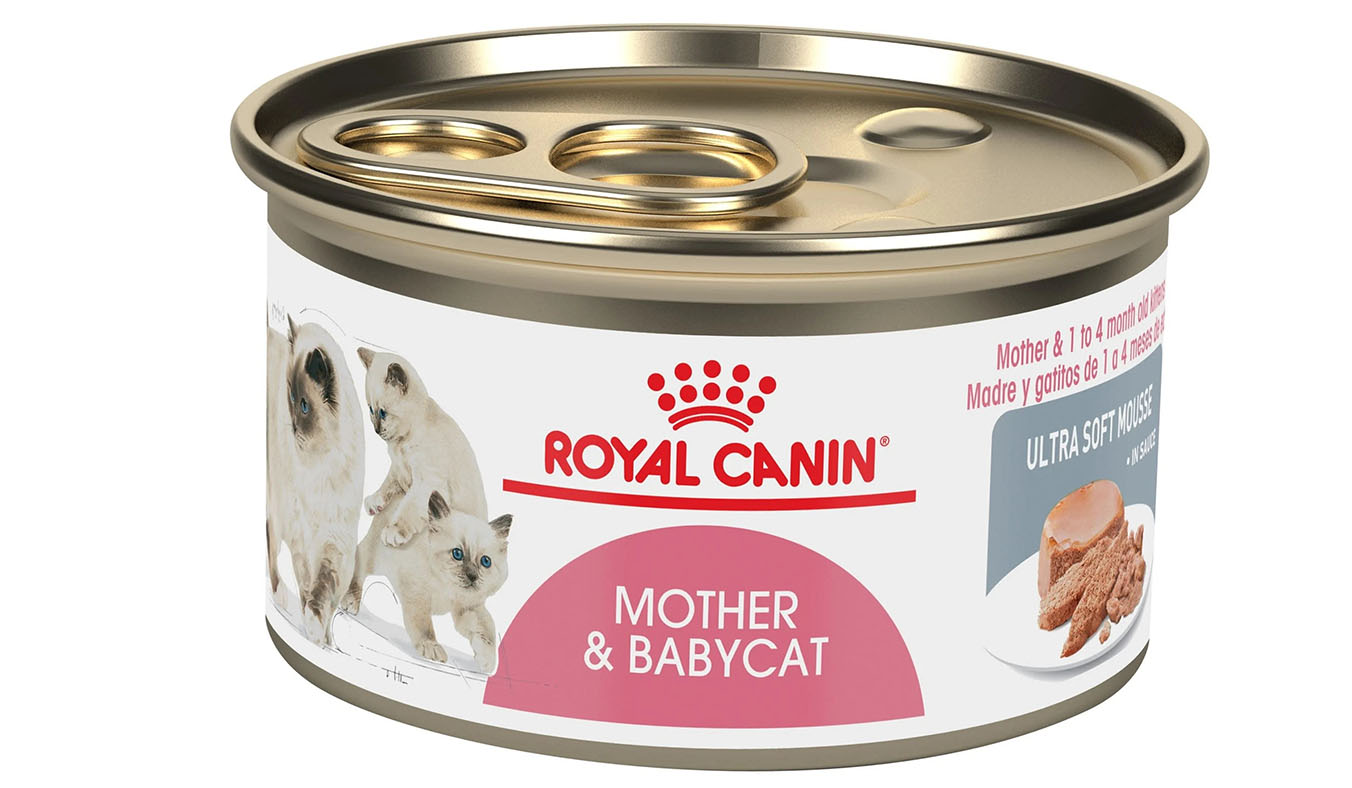Feline Idiopathic Cystitis (FIC) is a complex and frustrating condition that affects the urinary bladder of cats. It is characterized by inflammation of the bladder without an identifiable cause, hence the term “idiopathic.” While the exact cause of FIC remains unknown, it is believed to result from a combination of factors, including stress, diet, genetics, and environmental factors.
Signs Your Cat May Have Feline Idiopathic Cystitis (FIC):
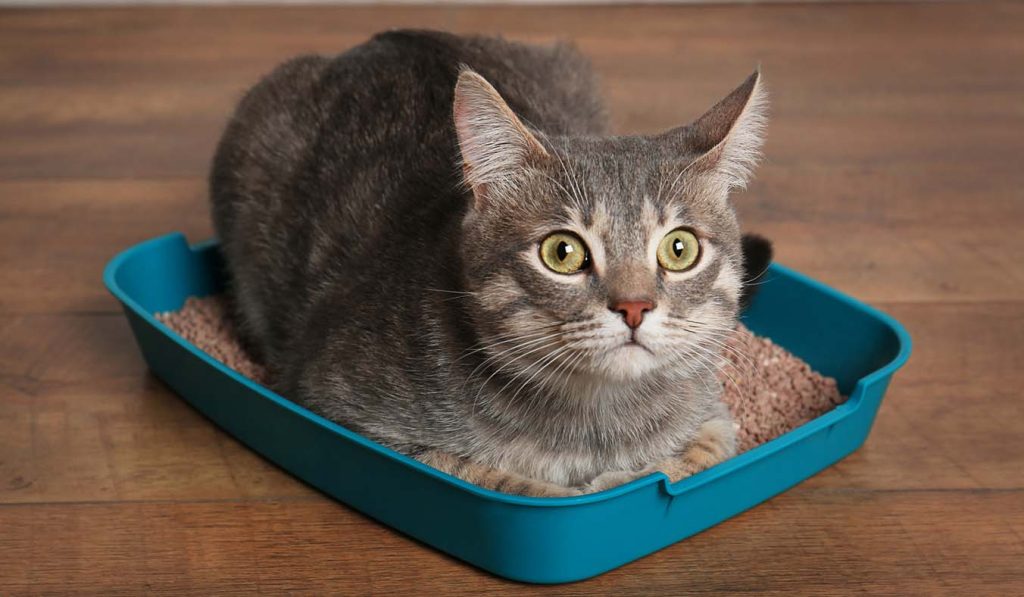
Identifying Feline Idiopathic Cystitis (FIC) in cats can be challenging due to the variability in symptoms, which often overlap with those of other urinary tract disorders. Here are some specific signs to watch out for:
- Frequent Urination: Keep an eye on your cat’s litter box habits. Cats with FIC may visit the litter box more frequently than usual, and they may produce only small amounts of urine each time.
- Urinary Accidents: If your cat starts urinating outside the litter box, especially on soft surfaces like carpets or bedding, it could be a sign of FIC. This behavior may indicate that your cat associates the litter box with discomfort.
- Straining to Urinate: Observe your cat’s behavior when they use the litter box. Cats with FIC may exhibit signs of straining, discomfort, or vocalization while attempting to urinate due to inflammation and irritation in the bladder.
- Blood in the Urine: Check your cat’s urine for any signs of blood. Hematuria, or blood in the urine, is a hallmark symptom of FIC. While it may not always be visible to the naked eye, your veterinarian can detect it through urinalysis.
- Excessive Grooming: Watch for excessive grooming, particularly around the genital area. Cats with FIC may lick and groom themselves more than usual in an attempt to alleviate discomfort or irritation in the urinary tract.
If you notice any of these signs in your cat, especially if they persist or worsen over time, it’s essential to consult with your veterinarian for a thorough evaluation and appropriate management plan. Early detection and intervention can help alleviate your cat’s discomfort and prevent potential complications associated with FIC.
Helpful Tips to Alleviate Symptoms of Feline Idiopathic Cystitis (FIC):
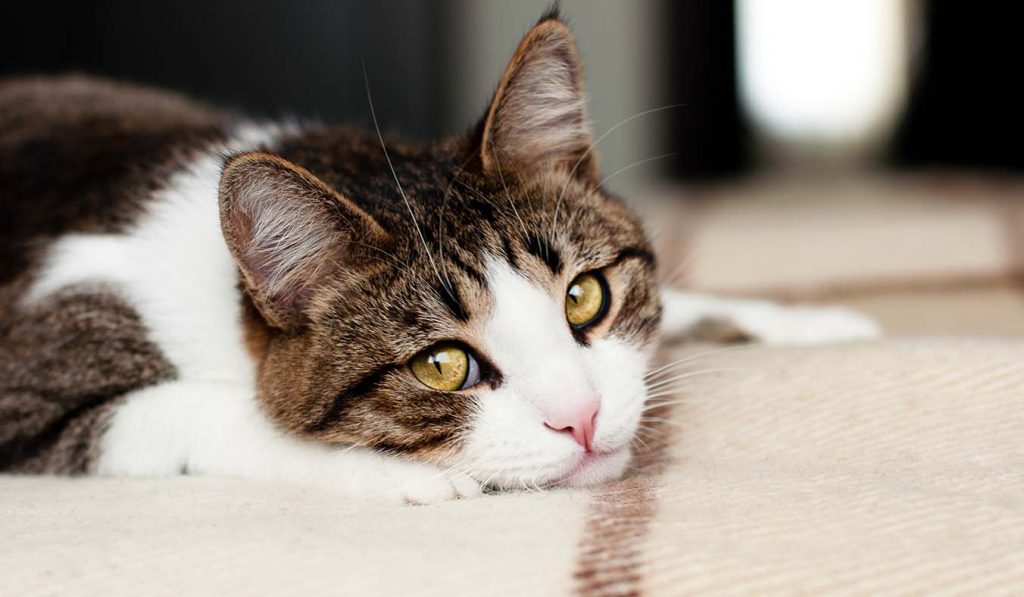
Feline Idiopathic Cystitis (FIC) can be a challenging condition to manage, but with the right approach, you can help alleviate your cat’s discomfort and reduce the frequency and severity of flare-ups. Here are some helpful tips to consider:
- Encourage Hydration:
Adequate hydration is crucial for maintaining urinary tract health and preventing the recurrence of FIC episodes. Encourage your cat to drink plenty of water by providing clean, fresh water in multiple locations throughout your home. Consider investing in a cat fountain, as some cats prefer running water, which may encourage them to drink more. - Moisture-Rich Diet:
Switching to a moisture-rich diet, such as wet or canned cat food, can help increase your cat’s overall fluid intake and promote urinary tract health. Consult with your veterinarian to select a high-quality, balanced diet specifically formulated to support urinary health and reduce the risk of FIC flare-ups. Avoid feeding dry kibble exclusively, as it provides minimal moisture and may contribute to dehydration. - Stress Management:
Stress is a significant trigger for FIC in cats, so it’s essential to create a calm and stress-free environment for your feline friend. Provide plenty of hiding spots, elevated perches, and interactive toys to help alleviate boredom and provide mental stimulation. Establish a predictable daily routine, and minimize changes or disruptions to your cat’s environment whenever possible. - Environmental Enrichment:
Enriching your cat’s environment with stimulating activities can help reduce stress and prevent FIC flare-ups. Consider rotating toys regularly to keep your cat engaged, providing puzzle feeders or treat-dispensing toys to encourage foraging behavior, and incorporating interactive play sessions into your daily routine. Additionally, offering opportunities for indoor exploration, such as cat trees or window perches, can provide mental stimulation and reduce anxiety. - Litter Box Management:
Proper litter box management is essential for cats with FIC. Ensure you have enough litter boxes for the number of cats in your household (the general recommendation is one litter box per cat plus one extra), and keep them clean and scooped regularly. Use unscented, clumping litter, and avoid placing litter boxes in high-traffic or noisy areas of your home. Additionally, consider providing different types of litter boxes to accommodate your cat’s preferences, such as covered vs. uncovered or shallow vs. deep. - Veterinary Care:
Regular veterinary check-ups are essential for monitoring your cat’s urinary tract health and overall well-being. If you notice any signs or symptoms of FIC, such as changes in urination habits, blood in the urine, or straining in the litter box, seek veterinary care promptly. Your veterinarian can perform a thorough physical examination, diagnostic tests, and recommend appropriate treatment options, such as pain management, anti-inflammatory medications, or urinary acidifiers, to help manage FIC symptoms and improve your cat’s quality of life. - Medication and Supplements:
In some cases, your veterinarian may prescribe medications or supplements to help manage FIC symptoms and prevent flare-ups. These may include pain relievers, anti-anxiety medications, urinary acidifiers, or supplements such as glucosamine and chondroitin sulfate to support urinary tract health. Always follow your veterinarian’s instructions regarding medication administration and dosage, and never give your cat any medications without veterinary approval.
By implementing these tips and working closely with your veterinarian, you can help alleviate your cat’s symptoms of FIC and improve their overall quality of life. Remember to monitor your cat closely for any changes in behavior or urinary habits, and seek veterinary care promptly if you have any concerns. With proper management and care, cats with FIC can lead happy, comfortable lives.
By implementing these strategies and working closely with your veterinarian, you can help manage your cat’s FIC and improve their overall quality of life.
